Martin Bell: I’ve always been a big basketball fan and I grew up with the Knicks teams of the 90s. I think that the first draft that I really paid close attention to was the 1994 draft, just because the Knicks had gotten so close to winning the Finals, and so come the end of that season which was a really tortured affair, I paid close attention to college basketball that year. I guess that sort of started an annual obsession with the draft. …I felt the NBA Draft was sort of the exact right length. Something about the event made more sense [than the NFL Draft], and finally, I’ve got these friends…
Brian Hughes: Marty and I have always been big NBA fans and rabid Knicks’ fans. …We’d seen the draft on TV and watched it every year and we knew it was at the MSG Theater, and we didn’t really have an understanding until watching the broadcast one year. It became obvious that there just wasn’t that many people there. Draft picks would walk through the crowd, and guys would, you know, go off the stage, shake David Stern’s hand. They walked past average, everyday people. I think one of us got the idea, probably Marty, we should go.
Martin Bell: Most of the tickets would go out to the special interests. Folks affiliated with the league, folks affiliated with the network, folks affiliated with the draftees. And it was within the theater of MSG, which isn’t that big. I think the theater seats somewhere between three and four thousand people. But they would make a certain amount of tickets available for day-of pickup only. So you would have a crowd line up out in front of the Garden and it would basically be first-come, first-served until they ran out of tickets. So we started to get in on that line. It was easy that first year (2002) because my friends and I were all back in NY and we all just graduated from school and had nothing to do.
Brian Hughes: I think at that point tickets were either free or like 20 bucks. We started going. It was an awesome time. I want to say we were probably in our very early 20s then. So it was also like “Hey, here’s an excuse to consume alcohol in the city as well.” It was a good combo. We loved it the first time we went. …I probably imbibed like a tad too much and we got a little heckley with some of the [broadcast] personnel.
Pat Stango: It’s such a weird thing to even go to at all. A sports draft. Because the entertainment value isn’t really that high, you are just watching an old man come out and read names. So after the big stars are gone, and other than when the Knicks are picking, you are kind of realizing that we’re all just sitting in chairs and watching a thing that’s not even really that good of a show. So then you are like “What can we all do together to entertain ourselves?”
Initial heckling included yelling for teams to draft Fordham guard Smush Parker, which led to the guys getting trash talk from Corsley Edwards’ family and friends (seated in front of the hecklers) when he was picked 58th overall instead. (Edwards would only play 10 games in the NBA, but did have a long career in Europe; Parker played 274 NBA games, so maybe the hecklers were right.) There also was a focus on the broadcasters, especially after the exit of high-rollers after the first round let them move closer, but the TNT broadcast in 2002 didn’t provide a ton of heckling ammunition.
Martin Bell: The main thing you were viewing is the panel of commentators who are on a panel that is suspended a few feet in the air and broadcast throughout the theater. So we listened to that. Now, that was the last year of TNT, and so you had Chuck and Kenny and Ernie, who were generally the same sort of entertaining finished product that you get with Inside the NBA. They didn’t necessarily know terribly much about college basketball, which has always been a little bit of a bugaboo with Kenny and Charles, particularly now that they are actually doing college basketball. But it didn’t matter that much because they had entertaining things to say about the teams.
The next year, 2003, saw a draft change that would have a lot of significance for the hecklers. ESPN took over the broadcast of the draft from TNT, and that gave them their first real broadcast target: Tom Tolbert.
Martin Bell: Tom Tolbert was a marginal sort of NBA player who I guess had retired a couple of years earlier, had a big mouth, and was sort of the fourth guy on that panel. And to understand the story of the SAS heckling is to appreciate Tom Tolbert as the proto-SAS. Tolbert was really bad. He had nothing really interesting to say, but he said it incredibly loudly. So from the time that we managed to sneak up into those front sections, we spent a lot of time basically booing Tom Tolbert.
Brian Hughes: Tolbert, for whatever reason, we just really hated. Like, we really, really disliked Tom Tolbert. So much so that he got replaced one year and he wasn’t there anymore and we couldn’t figure out who to heckle, so Ric Bucher, who is actually really a nice dude, was there and we didn’t know what to do. So I just started heckling Bucher and at one point, he came down and just talked to us and was like “Dude, am I doing something?” and I was like “No, I need an outlet, dude!” and he was the closest thing that I had. Tolbert, we just fundamentally disagreed with his opinions and his whole persona.
Martin Bell: Tom Tolbert played it like a WWE heel. I think he just loved the fact that anyone was paying any attention to him at all, because you know, he’s Tom Tolbert. I think that he probably had more individual attention lavished upon him then than he ever had as a marginal NBA player.
That year also saw Bell and Hughes heavily featured in a Village Voice piece by Allen St. John on the 2003 draft, a profile of draftniks mocking the Knicks’ and other picks, including Hughes’ quip that Seattle SuperSonics’ draft pick and hobbit-lookalike Luke Ridnour should “Go back to Middle Earth!” It would be the first of many pieces on the hecklers, including a Harvard Crimson piece by Pablo Torre (now of ESPN) the following year. But while the hecklers were rising to prominence, so was the man who would eventually be their key target.
In 2002, big changes were afoot at ESPN under rising star Mark Shapiro, who had been put in charge of the extensive SportsCentury efforts at only 26. He then was named vice president and general manager at ESPN Classic and ESPN Original Entertainment, before moving up to ESPN’s senior vice president and general manager of programming in 2001. Shapiro gained even more power in 2002, picking up the title of executive vice president for programming and production, and he began the movement towards embracing debate by starting and supporting shows like Pardon The Interruption (launched in October 2001) and Around The Horn (launched in November 2002).
Stephen A. Smith joined ESPN in 2003 as an analyst for the network’s NBA Shootaround pre-game show, but he was used well beyond that almost from the start. His official ESPN bio says “he regularly appeared on ESPN’s SportsCenter, ESPNEWS, ESPN2’s First Take (following its 2007 launch) and as guest host of Pardon the Interruption and Jim Rome is Burning.” At this point, Smith was mostly known for his columns in the Philadelphia Inquirer, but he had done TV work with the short-lived CNN/SI channel in 1999. He wasn’t a big name at this point, though, as Sports Illustrated media critic Richard Deitsch relates.
Richard Deitsch: I was at Sports Illustrated when Smith worked at the now-defunct CNN/SI in 1999. Our paths did not cross, but I did see him on our floor doing remotes for the network. When he was hired by ESPN, I can’t recall having an opinion on him one way or the other.
Martin Bell: Before he started appearing on TV all the time, I read him a little on the website and I had a friend in Philly who basically said “Yeah, you know, when the guy wrote for whatever the Philly newspaper was, he wasn’t this cartoon character. He had real and occasionally interesting things to say about the NBA and sports generally.”
With regular TV work, though, Stephen A. quickly became louder and more opinionated, and he became a target for critics of ESPN such as Deadspin’s Will Leitch.
Will Leitch: He’s the type of guy that makes a pretty big impression when you see him on TV. To me, I remember seeing him make a series of impressively contentless appearances on ESPN, and even more impressive, the kind of empty columns he was doing for the Philadelphia newspaper. I think he was kind of famous for writing his columns on his Blackberry, between Philly and New York on the train. …One of the main goals of Deadspin was to go out, and as you might put it, to call out awful announcing. To call out people who were making the sports fan experience dumber and subject them to their rightly deserved mockery. So he immediately shot to the top of the list.
Richard Deitsch: I think sports television fame changes everyone it touches. You start getting noticed in airports, at arenas, by the people you cover. Like most provocateurs, Smith realized during his first stint the value of presentation and how you say something.
In 2005, Smith got his own ESPN show, Quite Frankly With Stephen A. Smith. Leitch famously went to a taping (as one of the four non-high school students present) in October. He said he wanted to do that because of the way ESPN was promoting Smith at that time.
Will Leitch: ESPN was selling it really hard. They gave him the Quite Frankly show and I kind of famously smuggled into the audience and did a post about that in the first month of Deadspin. The reason was the big Sports Illustrated feature on SAS and how interesting of a character and ESPN promoted him like crazy like he was this great, new star. …They put a huge target on his back. …The story is really just about how like he is just this new voice, and this is the way sports commentary is going. And he’s combining intelligence with wit and television acumen. It just seems like the craziest notion that there would be this puff piece on him now.
…And then Quite Frankly came on and it was just horrible. A horrible show. And so, I mean, at that point… it was too perfect not to write about SAS because he was the combination of the two things that people I think disliked the most about ESPN. He was loud as a commentator. He was just loud, empty noise, and he spoke to how ESPN had so much control over the sports marketplace that they could shove this guy down our throats. And I think that America spoke very loudly with their rejection of Quite Frankly.
Richard Deitsch: After his initial guest – a compelling Allen Iverson – the ratings tanked and the show had a general unlikable feel to it, plus some ridiculous stunts (telling an audience to boo Dusty Baker). Sports media blogs and Twitter were still in their relative infancy at the time, so the outside criticism would have been mostly relegated to sports media writers and viewer complaints to ESPN.
Will Leitch: I remember Tommy Craggs’ great line about SAS was “His one skill is he can be emphatic on command.” And I think that’s right. I think that is exactly what his skill is. I guess that’s a skill. Obviously that’s a skill. I don’t know why it’s a worthwhile one, but it is a skill. …I mean, he could never host a show. One of the reasons Quite Frankly was so bad was because… it’s bad enough to watch him on First Take, but then he’s like the center of the show. It just didn’t work. Like a monologue… it was bad.
That led into the 2006 draft featuring Stephen A., who presented the hecklers with a perfect target.
<<< Prologue: Cheese Doodles?!?!?!
Part II: Heckling Stephen A Smith >>>
The heckling of Stephen A. Smith
- The heckling of Stephen A. Smith and his rise, fall, and rise again – Prologue: Cheez Doodles?!?!
- The heckling of SAS and his rise, fall, and rise again – Part I: Why not heckle Tom Tolbert?
- The heckling of SAS and his rise, fall, and rise again – Part II: Heckling Stephen A Smith
- The heckling of SAS and his rise, fall, and rise again – Part III: SAS becomes a sock puppet
- The heckling of SAS and his rise, fall, and rise again – Part IV : ESPN and Stephen A part ways (amicably)
- The heckling of SAS and his rise, fall, and rise again – Part V: Stephen A.’s Return And The Heckling Society’s Legacy


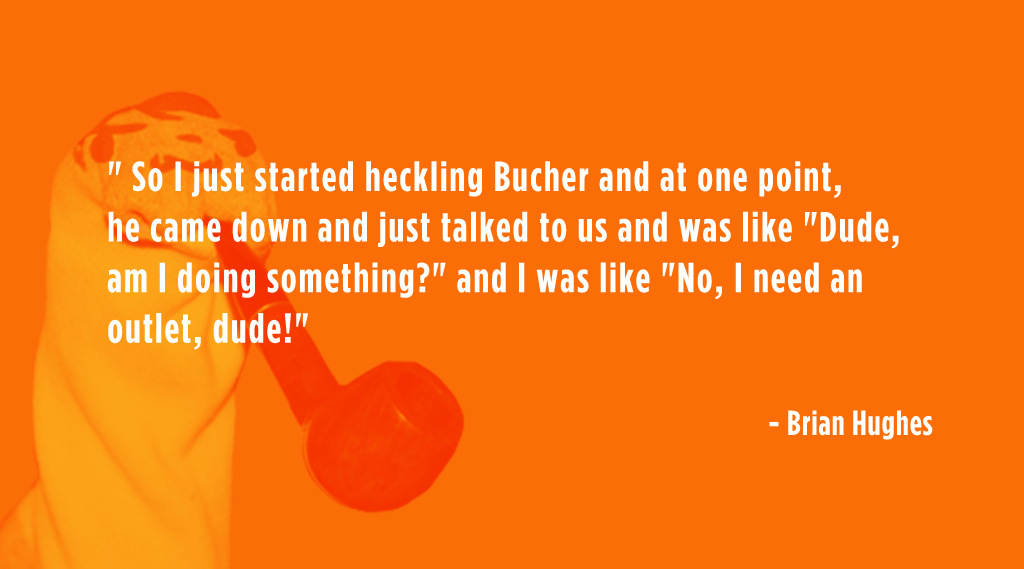
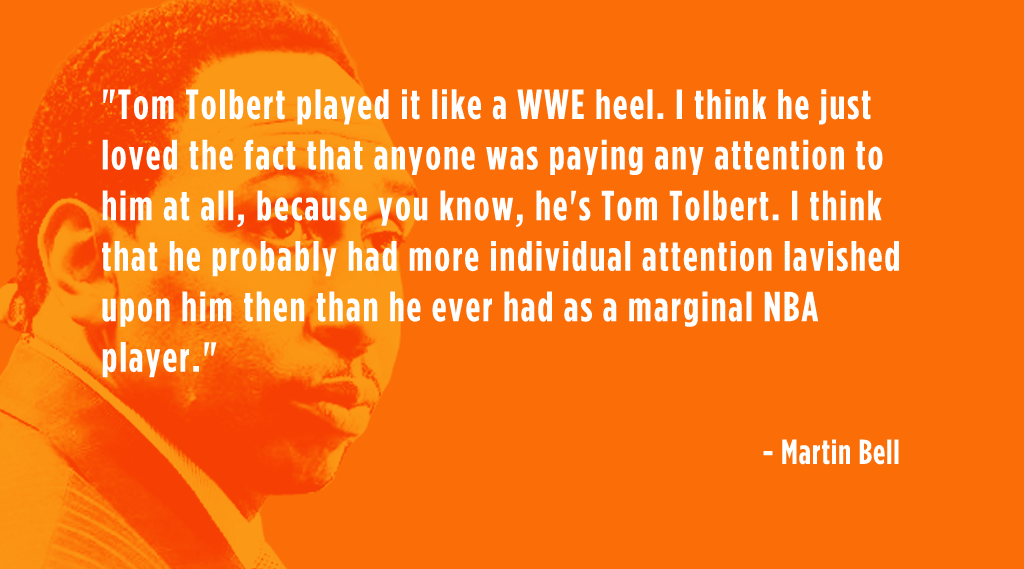
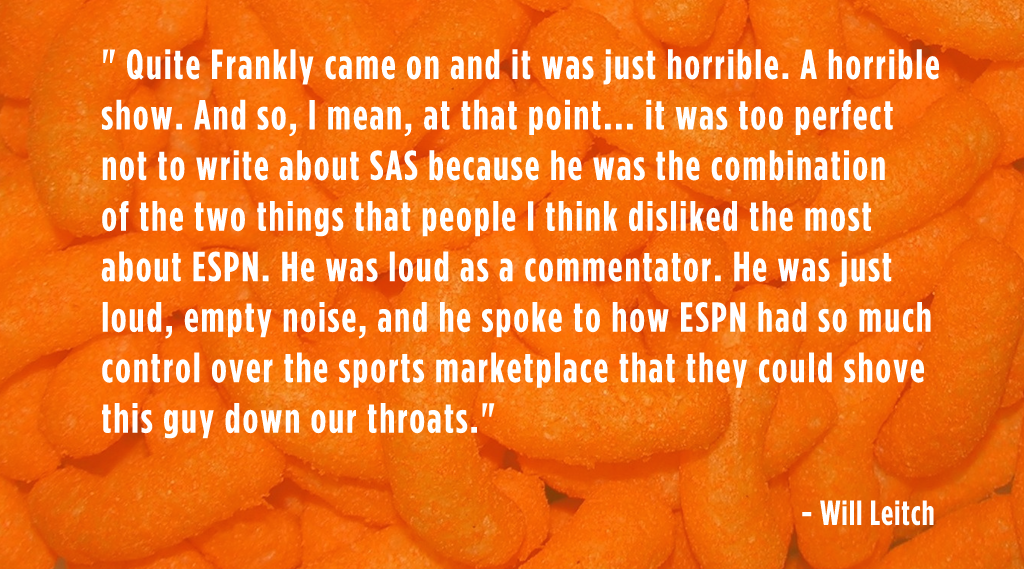


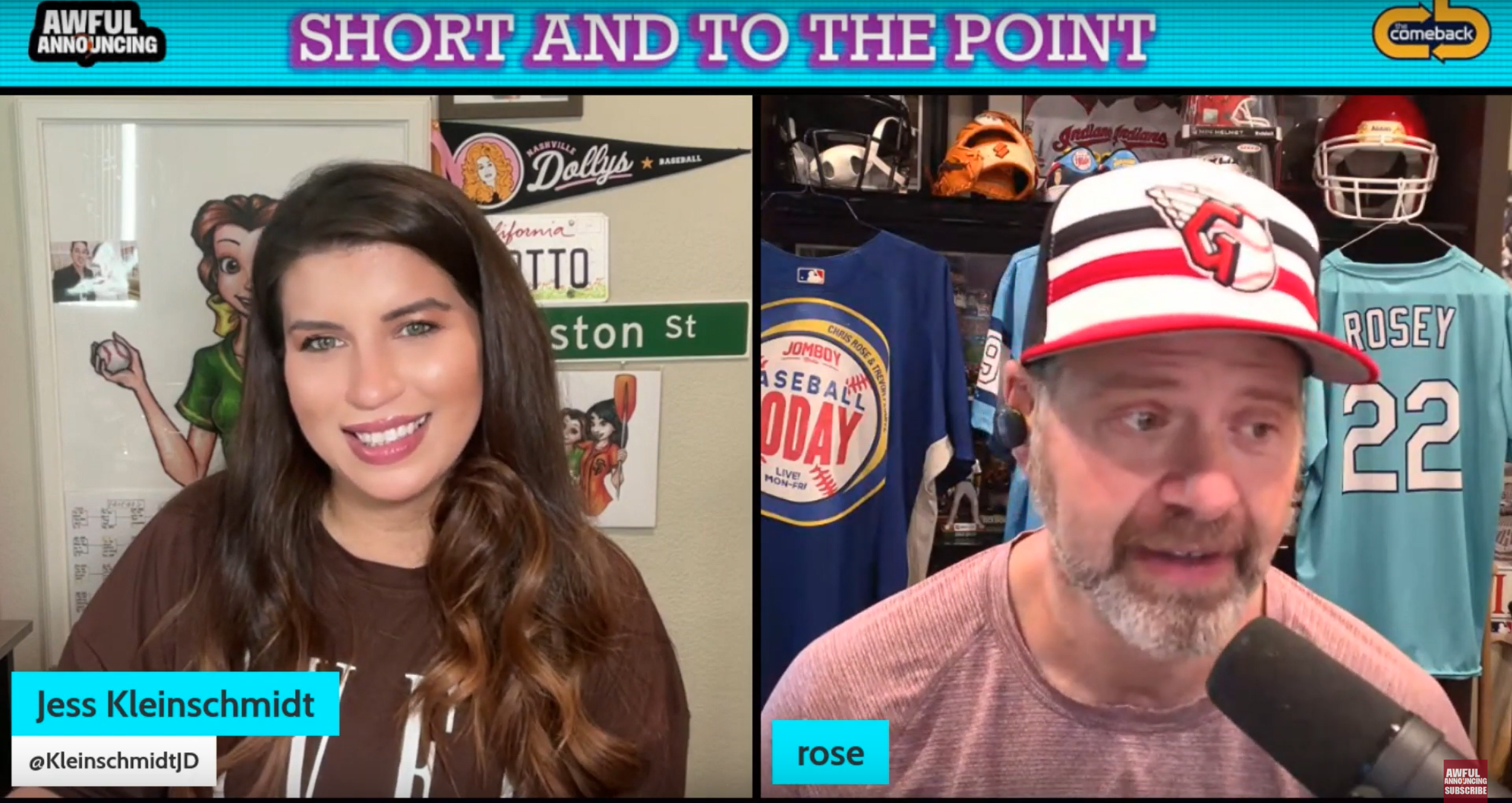

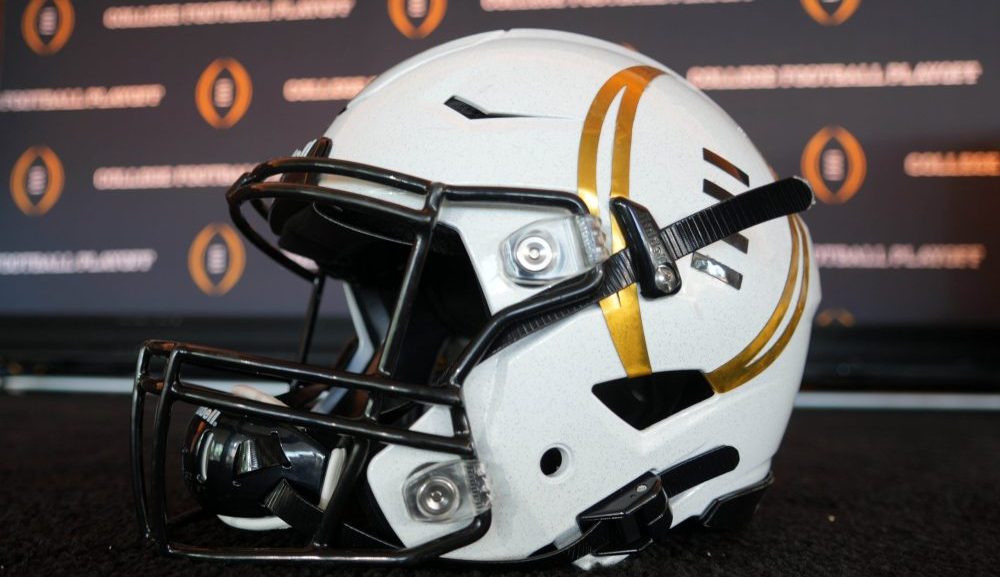

Comments are closed.